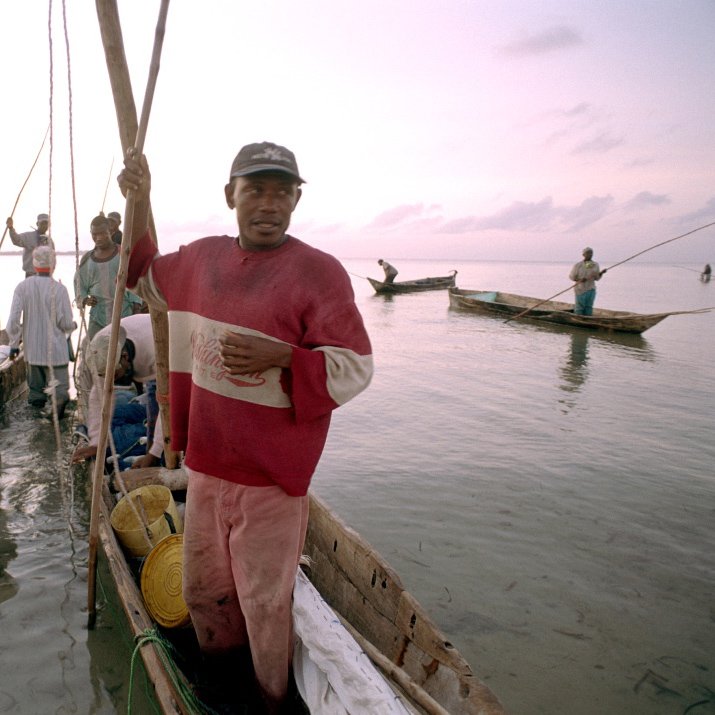- Lighthouse Foundation
- Projects
- Ghana: Coastal and Marine Conservation
Ghana: Coastal and Marine Conservation Drive Project
What is at issue:
In order to enhance marine and coastal protection in Ghana, we intend to establish a Coastal and Marine Conservation Drive Project (COMADRIP) in the Western Region of Ghana. The project will create a pilot site for the design and development of a Marine Protected Area (MPA) management strategy for the Greater Cape Three Points area that can feed into the national process for coastal conservation in Ghana.
COMADRIP in collaboration with local communities, NGOs and state actors will promote local economic development, nature protection and will contribute to the achievement of the following sustainable development goals (SDGs):
- 1 (reduce poverty),
- 2 (reduce hunger),
- 8 (decent work and economic growth) and
- 14 (life below water).
The project will work with local communities to conserve critical coastal habitats and promote coastal livelihoods in the selected fishing communities involved. It will also contribute to important policy outcomes on MPAs at the local and national scale.
The institutional involvement provides excellent conditions for sustainability. The project will be coordinated by the Centre for Coastal Management (the Africa Centre of Excellence in Coastal Resilience) at the University of Cape Coast, Ghana. It will partner with civil society organizations including Hen Mpoano and other important state actors such as the Forestry Commission of Ghana.
What's happening now:
As part of the ongoing activities carried out under the Coastal and Marine Conservation Drive Project (COMADRIP), the project team invited stakeholders in Ahanta West district to a workshop to validate the results of an assessment of some critical marine ecosystems in the district. The workshop was attended by scientists, community members, NGOs, media representatives and government institutions.
The validation workshop held on 4 November 2021 at Agona Nkwanta and attended by a total of forty-five (45) stakeholders was well received by the key stakeholders present. The workshop participants reiterated the need for the establishment of the MPA and pledged their support for the conservation of the area.
What we have achieved:
After a series of preparatory activities, a virtual meeting was organised as part of the project activities on 28 July 2021 to launch the project and engage stakeholders.
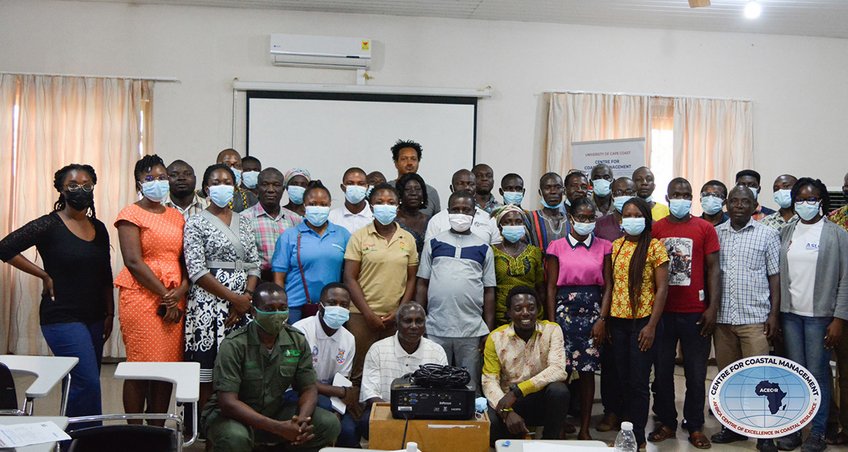
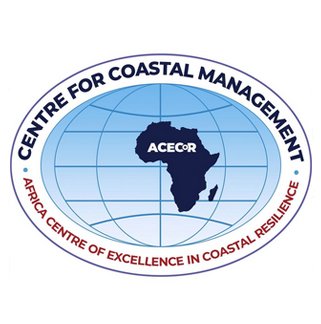
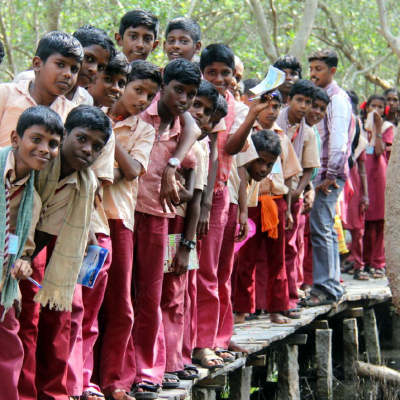)
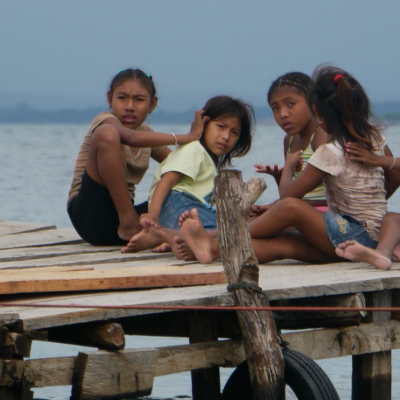)
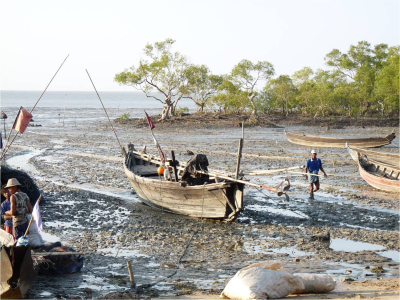)
